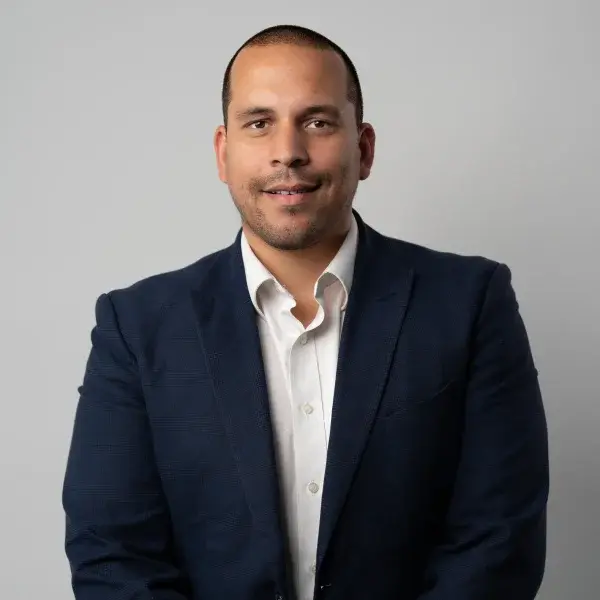Medical Cannabis and CBD: Implications for Drug Testing Policies
In our recent AttoSure webinar on false positives in workplace and healthcare settings, one of the biggest areas of interest was the rise of CBD and medical cannabis in the UK. As more people turn to cannabis-based products—whether bought on the high street, prescribed privately, or sourced from less reliable channels—questions about drug testing, workplace policies, and legal risks are becoming more urgent. Below we address the two most common concerns raised in the session.
1. Will I Test Positive for THC if I Take CBD?
The short answer: not if you buy it from a reputable UK source.
CBD oils and supplements legally sold in the UK must have extremely low levels of THC (the psychoactive component of cannabis). When purchased from a trusted UK supplier, CBD will not cause a positive cannabis result in a drug test.
The risk arises when buying CBD from the black market or overseas sources.
- These unregulated products may contain high THC levels.
- If consumed, they can cause a true positive result—not a false positive—because THC is genuinely present in the sample.
As discussed in the webinar, this issue has surfaced repeatedly in recent months. Employers who encounter employees testing positive after claiming CBD use often discover the product came from outside regulated UK supply chains.
Key takeaway: To avoid workplace or healthcare issues, always use CBD products from reliable UK sources.
2. Medical Cannabis and Workplace Drug Testing
Unlike CBD, medical cannabis will always show up in a drug test. Prescribed cannabis products—used to manage conditions such as chronic pain, PTSD, or chemotherapy-related sickness—contain THC, which is easily detected by laboratory analysis. Although legal from a prescribing perspective, THC is the active compound that actually has a therapeutic effect for these patients, which might not be legal from a professional viewpoint.
What does this mean for employees?
- If you are prescribed medical cannabis, you should declare it to your employer.
- Documentation matters. In the webinar, we highlighted cases where employers checked prescriptions carefully—verifying the prescribing doctor’s GMC number and ensuring compliance with NICE guidelines.
- Even with a legitimate prescription, some roles (for example, train drivers or heavy machinery operators) may not permit cannabis use due to safety-critical risks.
What does this mean for employers?
- Many companies still don’t have clear policies in place for dealing with prescribed cannabis.
- Without structured guidelines, occupational health departments, HR and compliance teams may struggle to balance employee health needs with workplace safety.
- As prescriptions increase, organisations will need to act fast to prevent confusion and legal disputes.
- Neither point-of-care testing kits or LC-MS/MS confirmation tests alone can distinguish whether cannabis usage is illicit or medical. There is no test or marker that differentiates between illicit cannabis and medical cannabis usage.
Key takeaway: Employees must be transparent about prescriptions, and employers must update drug and alcohol testing policies to address medical cannabis directly.
Final Thoughts
From our webinar discussion, two things are clear:
- CBD oil from reputable UK sources should not trigger a THC positive, but black market products are a real risk.
- Medical cannabis will always be detected in drug testing, and both employees and employers need to manage it through open communication and robust policy.
As cannabis use—both prescribed and unregulated—continues to grow in the UK, understanding these trends is vital for healthcare professionals, HR teams, and workplaces committed to safety and compliance.


